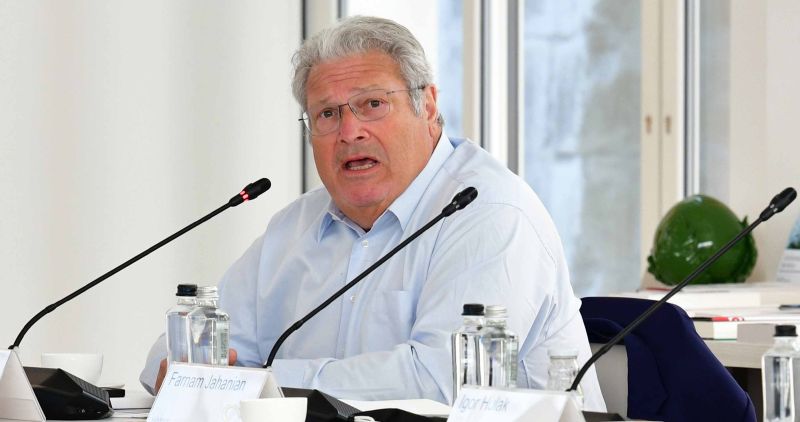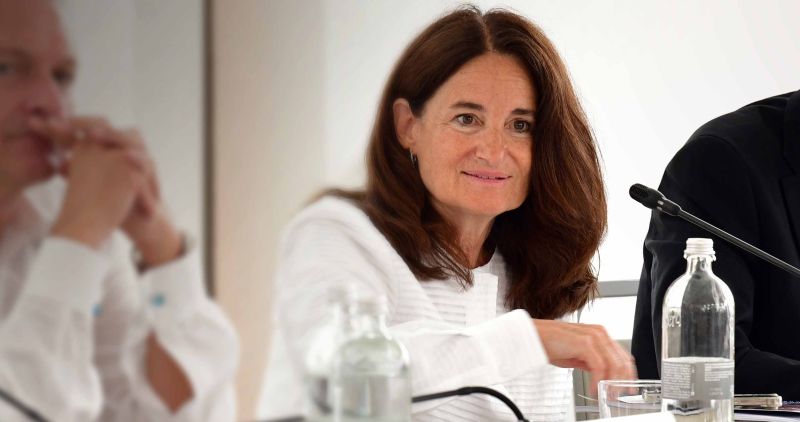At the recent 2025 Global Business Policy Council (GBPC) CEO Retreat, more than 80 leaders from around the world met to discuss major trends in geopolitics, economics and technology and the implications for business—and by extension, the business of meetings and incentive travel.
While managing uncertainty has been a retreat theme for 30+ years, the 2025 GBPC CEO Retreat—held this year in Puglia, Italy—was themed around “Navigating New Global Realities” and indicates the beginning of uncharted territory with new business opportunities and challenges.

Distinguished Fellow, Chatham House; Director, Ledwell Advisory; Author, ‘The New Cold War: How the Contest Between the US and China Will Shape Our Century.’
Following are some takeaways from CEO discussions and analyses, followed by actions that businesses and organizations can take:
- The liberal global order is collapsing, transitioning from stability and prosperity to geopolitical conflict and economic division.
- Companies now must navigate varying regulatory regimes, tariffs and localized political risks (impacting travel); meanwhile, there is less effective global coordination on critical issues.
- The U.S. stands at a pivotal crossroads. Historically torn between global engagement and isolationism, tension in the U.S. is rising amid worsening inequality, institutional distrust, geopolitical threats and urban-rural division.
- Businesses must prepare for policy reversals as divisions in society can impact the flow of commerce. Corporations may be called upon to fill the gaps in civic leadership.

CEO participants included Robert Kagan, Stephen & Barbara Friedman Senior Fellow at The Brookings Institution and Author,’ Rebellion: How Antiliberalism is Tearing America Apart — Again.’
- Businesses must prepare for policy reversals as divisions in society can impact the flow of commerce. Corporations may be called upon to fill the gaps in civic leadership.
- Europe faces strategic pressures requiring unity, as rising nationalism and authoritarianism are leading to increased defense spending and more demand for common values. Despite challenges, the EU remains an economic powerhouse with proven resilience.
- With public-private partnerships on the horizon and new FDI and trade regulations, strategic dexterity is needed to navigate Europe’s changing geopolitical landscape.
- China aims to strengthen its global leadership, reacting to rising challenges by insulating its economy, aligning foreign interests with its own and reshaping international frameworks.
- Companies would do well to develop parallel strategies for China/non-China markets and align with the country’s Belt and Road initiatives, an infrastructure development adopted in 2013.

Elizabeth Economy, Hargrove Senior Fellow and Co-Chair of the Program on the US, China, and the World, Hoover Institution; Senior Advisor for China, United States Department of Commerce; Author, ‘The World According to China.’
- Companies would do well to develop parallel strategies for China/non-China markets and align with the country’s Belt and Road initiatives, an infrastructure development adopted in 2013.
- With unpredictability the new reality, businesses should optimize operations and supply chains. Mapping, AI and risk management are essential for navigating uncertainties.
- Technology like AI and blockchain can optimize operations and mitigate risks while partnerships across governments, suppliers and communities could create competitive advantage.
- The CEOs decided that “advances in AI will disrupt everything, everywhere, all at once.”
- While past AI cycles led to disappointing ‘winters,’ the current wave—powered by data, deep learning and computing—represents the potential to transform society, creativity, education and work while also shaping geopolitics. The CEOs concluded this requires new teaching approaches and ethical frameworks for responsible AI development.
You May Also Be Interested In…
Global T&T Market May Hit $16 Trillion by 2034







